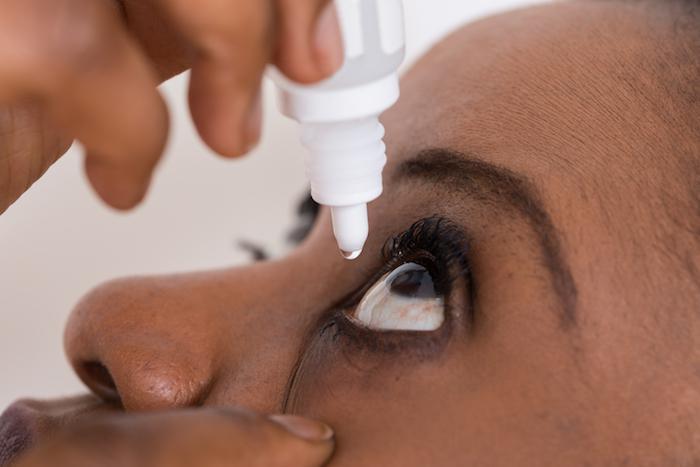Protecting Your Corneal Health

When it comes to eyes, colorful irises or lush lashes might get all the attention. But your corneas deserve their full measure of love too. Located at the very front of your eyes, your corneas are like a clear window that provides protection while also helping your eyes focus.
Dry eye is probably the most well-known corneal problem, affecting about 5 million Americans. But even though dry eye is pretty common, its definitely not the only issue that can have an impact on corneal health.
At Rostami OPC, our team of eye care professionals offers state-of-the-art care for your corneas, so you can enjoy clear vision and better eye health. Heres what you should know about keeping your corneas healthy.
Health issues affecting the corneas
Because theyre at the front of your eye, your corneas provide an important first line of defense for the inner structures of your eye. In addition to acting as a barrier for tiny particles of dust or germs, the cornea acts like a light-gathering lens, working with your retinas to provide you with clear, crisp vision.
That front-facing position also means your corneas are exposed to more risks, like damage from irritants and foreign objects. Some of the most common corneal problems include:
- Dry eye
- Corneal scratches
- Corneal tears
- Irritation, including itching and burning
- Infections
Ocular rosacea and other diseases can also affect the corneas, resulting in eye pain, gritty sensations, and sometimes, clouding that impairs your vision.
Keeping your corneas healthy
No doubt about it healthy corneas are essential for good vision (and better overall eye health). Here are ways you can help protect your corneas so they can function at their best.
Use protective eyewear
One of the best ways you can keep your corneas healthy is by wearing safety glasses at work, during sports, or any time your eyes could be damaged by a foreign object or irritant.
About 2.4 million eye injuries occur each year in the United States. An estimated 90% of those injuries could be prevented by using protective eyewear.
Wear sunglasses
Most people know the suns UV rays can damage their retinas (the light-sensitive back part of the eye). But unfiltered sunlight can also damage your corneas. Wearing sunglasses with good UV protection reduces the amount of UV that reaches your eyes for better overall vision health.
Ask about eye drops
If you have chronic dry eye, special lubricating eye drops can help keep your corneas moist. Unfortunately, not all eye drops are created equal.
To get the benefits you need (and avoid potential problems), its important to only use eye drops recommended by your eye doctor. That includes over-the-counter drops as well as prescription drops.
Maintain a healthy lifestyle
Like the rest of your body, your eyes and your vision benefit from habits like following a healthy diet, getting regular exercises, and drinking plenty of water.
If you spend a lot of time staring at a computer screen, taking frequent breaks is essential for helping the surface of your eye to stay moist. Your eye doctor might also recommend vitamins for better eye health.
Get regular eye exams
Annual eye exams help your eye doctor identify eye health issues in their very earliest stages, before they become major medical problems. During your annual exam, the doctor evaluates your corneas, your lashes, and other structures of your eyes, along with your tear film.
Regular eye exams are important for everyone, but theyre especially important if you wear contact lenses. Thats because use of contact lenses can increase your risk of corneal damage significantly, along with your risk of serious eye infections.
Make your eyes a priority
If you have any type of eye symptom, like pain, redness, itching, or blurry vision, thats a sign that somethings not right with your eyes.
Scheduling an office visit is the best way to make sure you get the care your eyes need to maintain optimal health and clear vision. To book your appointment, call Rostami OPC at 571-252-3697 or use our online form.
